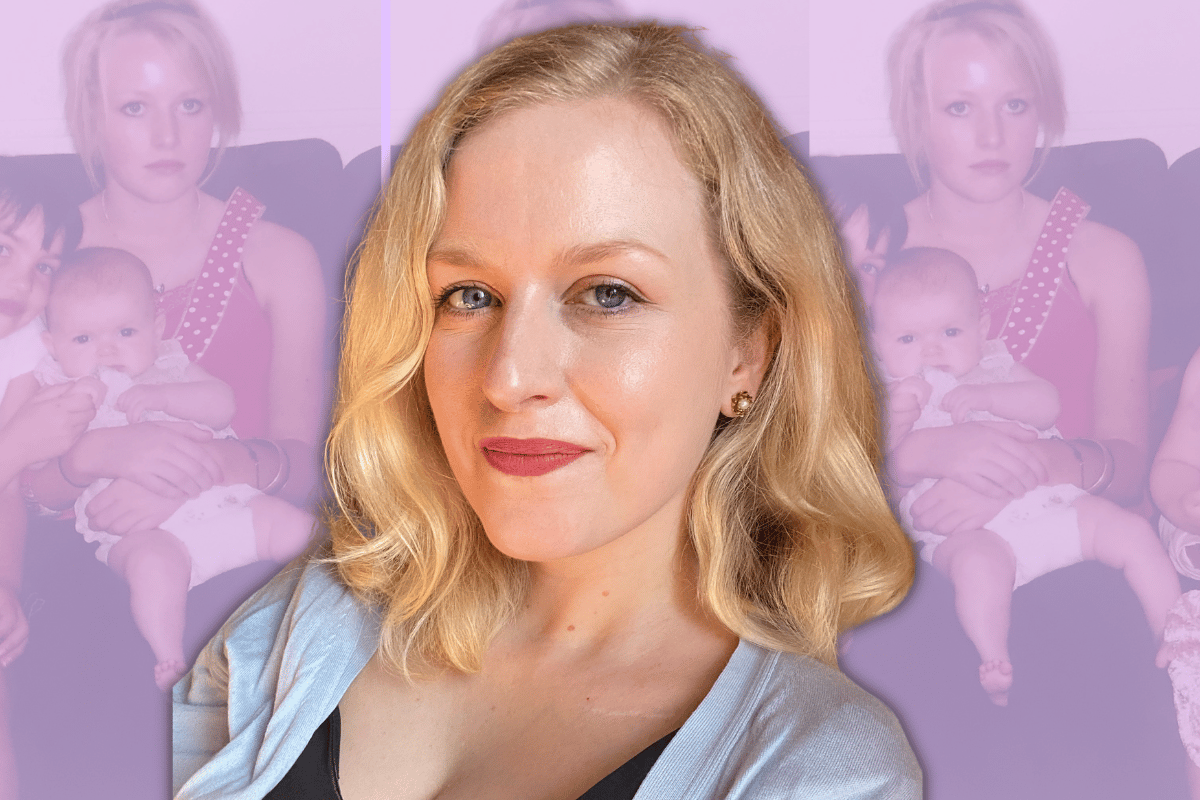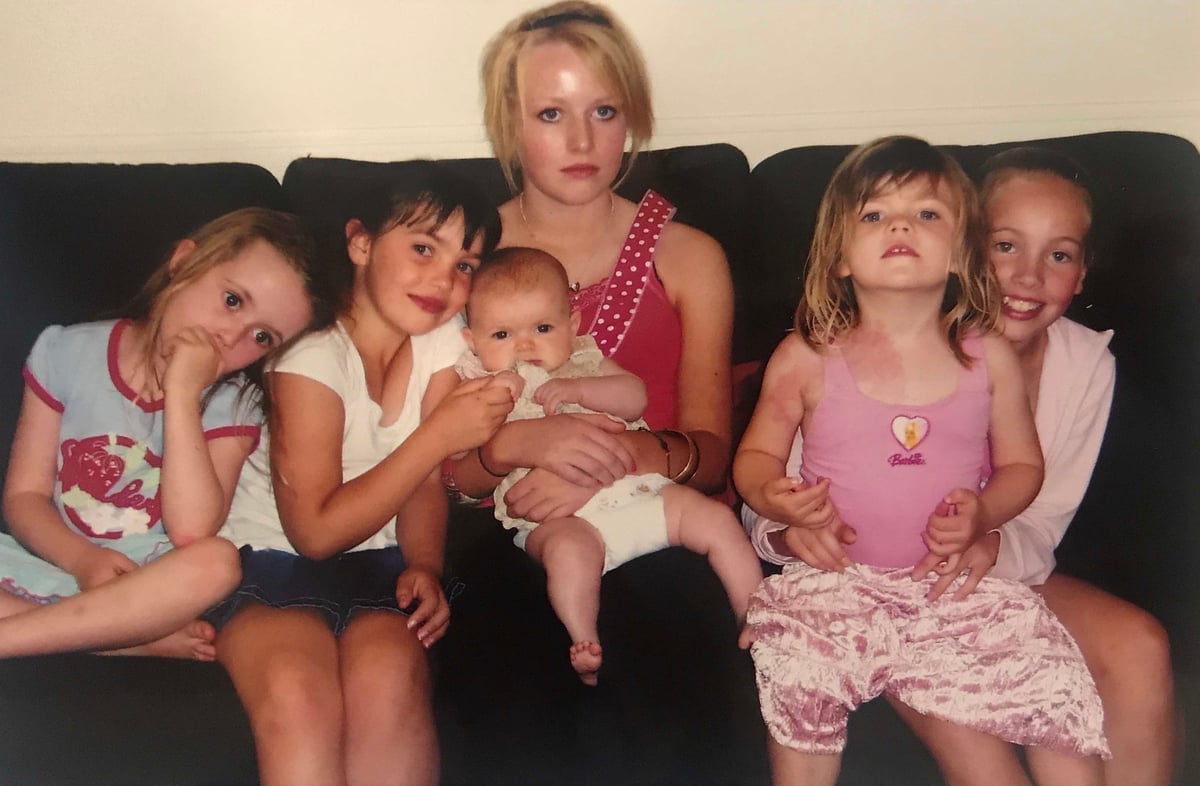
There are many things we can define ourselves by in this current cultural climate: Who do we vote for? Where do we live? How much do we earn? Do we want children? What is our astrological sign? And so on.
However, an overlooked element of what makes us who we are is our place in our family's birth order.
As the eldest of three girls, I feel defined by my place in my family tree: the sense of constant responsibility, the inherent bossiness and controlling nature, the determination to achieve, the constant desire to please my parents (and the constant feeling that I’m failing them). I possess these stereotypical eldest child qualities (I believe) because of my place amongst my siblings.
Watch: The Loose Women panel discuss the eldest child syndrome. Post continues below.
Have you ever deeply contemplated birth order as being an integral element of who you are? Until recently, even though I was totally aware of all the above, and even though I spent my teen years having my annoying younger sisters stealing my clothes/books/booze all the time, I hadn’t truly contemplated how much my being the eldest had sculpted me until I read The Eldest Daughter Effect by Wies Enthoven and Lisette Schuitemaker, a few months ago.
This book begins by citing various famous female firstborns: Beyoncé, Oprah Winfrey and Brené Brown and dissecting their similar qualities. This of course hooked me into reading the rest as I thought, 'Oh My God, maybe I am just like Beyoncé?!'





























































































